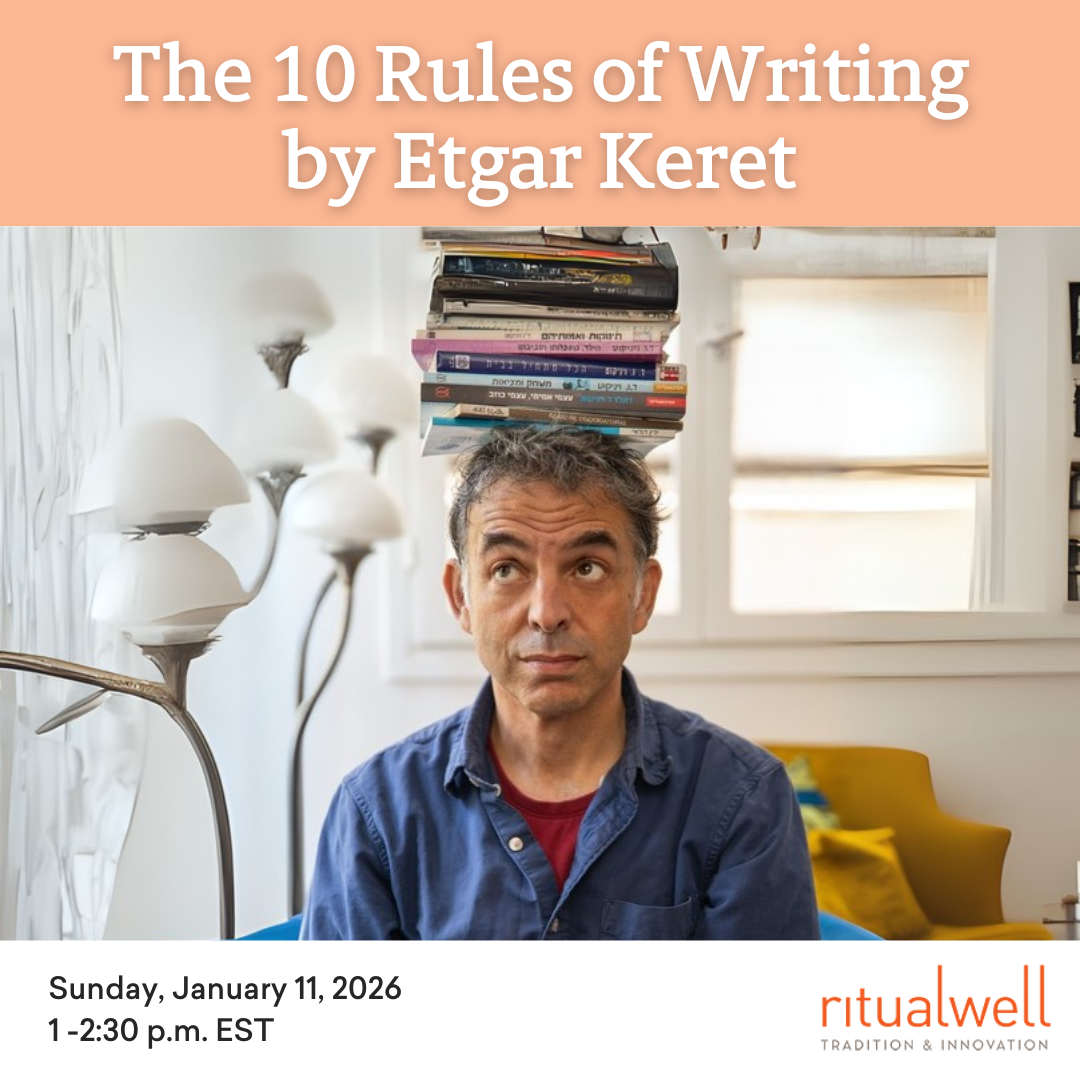Passover seders are intentionally packed with moments that are out of the ordinary from a typical meal. These rituals prompt us to ask questions. We learn in the Mishnah that we are required to ask questions on Passover, regardless of whether or not we know (or think we know) the answers. Framing the story through questions affirms that we are free—free to inquire and investigate, free to search for divine truth, free to seek justice.
Each year we ask “mah nishtanah” at our Passover seders; this helps connect to tradition and to Jews all over the world. But we also ask new questions that allow us to actively engage the world around us. By questioning societal norms and social injustice we notice how and when we are free, how and when we are not, and those who still struggle for basic freedoms we take for granted.
We offer you four collections of rituals that grapple with four new questions:
-
How can we rethink gender assumptions so that we can better include and honor women during the seder? https://www.ritualwell.org/list/1st-question-gender-seder
-
How can we use the seder to explore a contemporary narrative of ongoing liberation? https://www.ritualwell.org/list/second-question-ongoing-liberation
-
What alternate approaches [to wine] can we consider so that our cups, as they say, overflow? https://www.ritualwell.org/list/third-question-cups-wine
- How can we slow ourselves down and reflect on the seder while it is taking place? https://www.ritualwell.org/list/fourth-question-slowing-down
May we ask questions that open our eyes and compel us toward action so that in the coming year we can truly say, ”atah b’nei horin” (now we are free).
This piece originally appeared as Ritualwell’s April 2014 email. Sign up here to receive our monthly emails.






